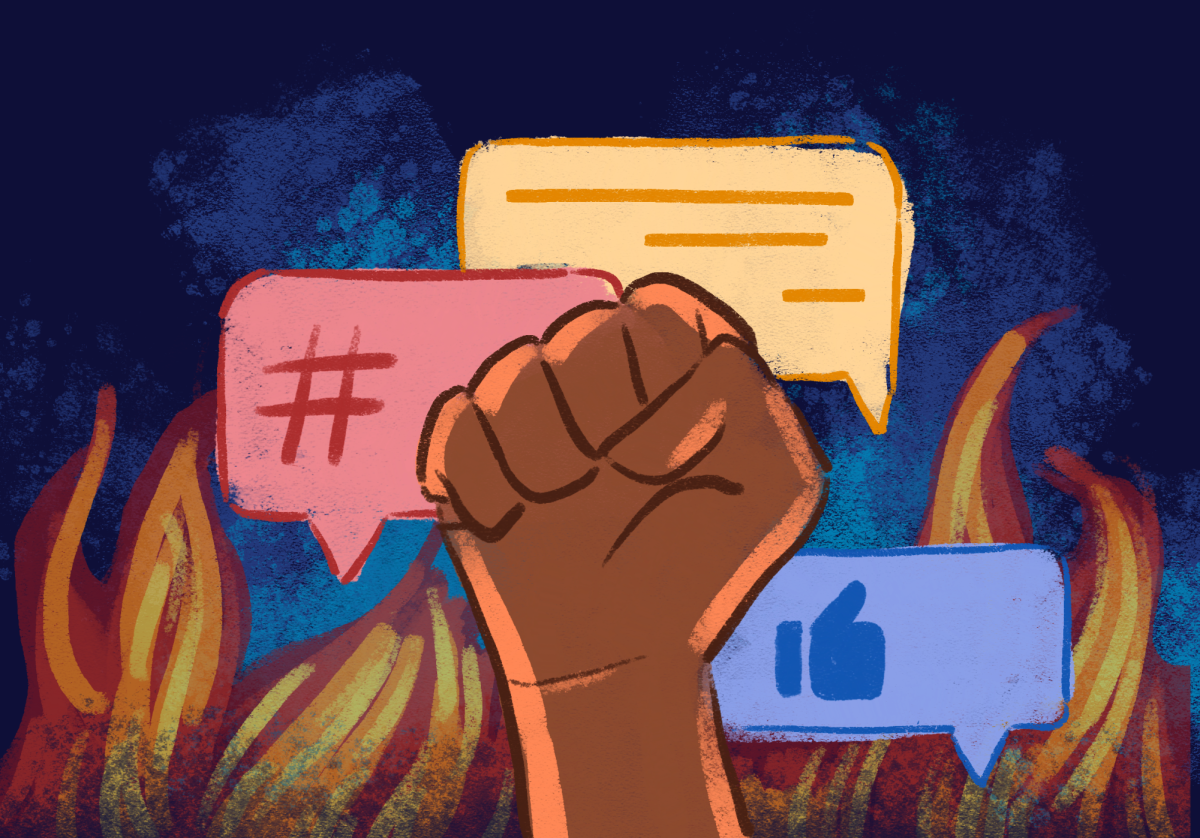The United Kingdom’s Online Safety Act, passed in 2023, has marked the country’s sweeping attempt to regulate safety on online platforms: the act places responsibility on website owners to reduce illicit and toxic content and submit risk assessments of their platforms. This legislation sparked fierce debate among opposing activists.
In 2025, the UK furthered the act with rigorous age-assurance protocols. From July 25 onward, general social media sites such as Instagram and Reddit must use “highly effective” age checks — government ID upload, AI facial age estimation, proof of valid credit-card/bank check or digital wallets — when it comes to age sensitive material. Also, the Office of Communications has begun active enforcement and investigations into non-compliant sites. Although there are many supporters of these laws as child-protection measures, such as parents; to critics, they are called intrusive and a privacy risk. Although these procedures may seem comprehensive, several reports have doubted the effectiveness of these limitations.
Public opinion has been vastly polarized. Parents and child-safety activists welcome stricter guardrails, while freedom advocacy groups argue that the act is too broad and overly limits free speech. Resistance to these policies is apparent: recent months have seen various petitions, lawsuits and a spike in VPN downloads as people try to bypass location-based age checks.
Elsewhere, the conversation on safety and privacy is still largely ongoing. The EU Digital Services Act (DSA) currently in force focuses on risk assessments and transparency laws on the website end rather than prescriptive ID requirements for users.
In the United States, politicians have proposed child-safety bills, namely the Kids Online Safety Act (KOSA). The bills mandate prevention of premature exposure to sensitive or age-inappropriate content alongside the use of other privacy and parental-control tools. The bipartisan bills have previously provoked controversy over vagueness and enforcement issues. KOSA has been reintroduced in 2025 but seems unlikely to be passed by the House. Continued tension between child protection and privacy and free speech in internet legislation should be expected in the near future.
These internet safety efforts are a part of a larger trend in government to create guarded underage internet use, with ramifications for the lives of students at Hill. Unrestricted use of the internet has the potential for serious consequences down the road, so the implementation of safeguarding laws is ultimately tenable. But the extent of what these laws should do is still, and will be, debated.






















